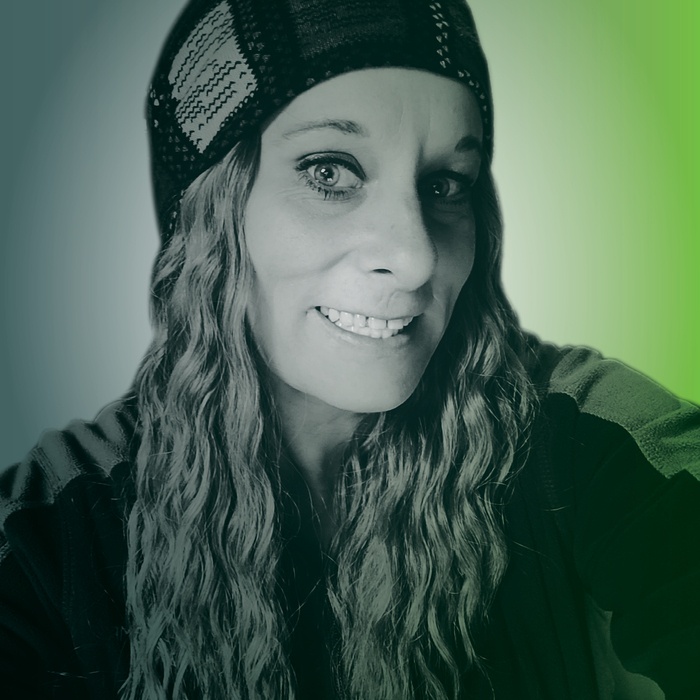
What is your position with Ellipsis?
I am currently a caseworker for the Supervised Apartment Living (SAL) program.
How long have you worked here?
I’ve worked at Ellipsis for about three years.
Have you had any other roles/jobs during your tenure with Ellipsis?
I started as a youth care worker for two years before switching to the caseworker position.
What drew you to work at Ellipsis?
I was preparing to move to the Des Moines area from outside the state and knew that I wanted to start my career working with children as I obtained my Bachelor of Social Work degree. While researching places in Des Moines, I came across a Facebook post about Ellipsis and how it was merged to offer so many valuable resources to children and families in the community. This instantly attracted my attention, and I reached out that day. I’ve been a part of the Ellipsis mission ever since.
I have always had a passion for helping those less fortunate and advocating for the well-being of children. Ellipsis offered me the chance to have a positive impact on children by being the support they might need while navigating difficult situations.
Can you recall a moment (during your career with Ellipsis) when you felt like you were in exactly the right place, doing exactly what you should be doing? What was that like?
I cannot describe the feeling of watching a youth succeed and grow, knowing that I am a part of that process. Through my role as a youth care worker, there was a youth in our foster group care services who I had the pleasure of working with for about a year and a half. This youth was discharging to a foster home, and he was so excited.
Ellipsis has a tradition of letting kids who are staying on our north campus ring an old, large bell when they graduate out of our services. The day he rang the bell to be discharged, I stood by the door holding back tears. I was overfilled with happiness for him, but I wanted nothing more for him than to be happy. He almost got into the vehicle without looking back, but then he turned around and ran over to me at the door, gave me the biggest hug, and smiled so big. Because of moments like this, I wake up every morning looking forward to what the day could bring.
What are some of the more challenging aspects of this job?
Working with so many young adults who have their own unique personalities comes with challenges, of course. As a caseworker, I have learned that each client has a right to voice their own opinions about the resources and care provided to them. If an arrangement is not working out, it is my job to find another caseworker who better aligns with the client’s needs. With the different or lack of resources in the area, sometimes this can create a challenge, especially if the youth has disabilities.
What are some of the rewarding aspects of the job?
As a caseworker, when I assist a client in gaining employment for the first time or getting into college, I consider this a win. Additionally, the first time a client moves into an apartment is a wonderful experience, watching how they start transitioning into the role of being an independent adult. A lot of the young adults in the SAL program have been in the system and bounced around a lot during their lives, so being able to have a stable and secure place of their own is a major accomplishment for them.
Why is it important to have residential programs in communities and qualified people working in them?
Residential programs are important to the community because they open doors for children while providing them the opportunity to grow and the tools to become a better version of themselves. Qualified people are needed to fill the roles. Due to the nature of the work, it takes dedicated staff with patience to always go the extra mile to ensure the clients are getting the care they need and deserve.
What is a misconception people may have about mental health treatment? How do you dispel that?
There has been a stigma surrounding mental health issues, leading people to think the individual is sick or needs to be locked away in a facility. I always advocate that with a proper treatment team, plan and professionals dedicated to assisting this person, they can lead a very productive and normal life.
If there’s anything else you’d like to add, please feel free to do so!
Our youth have so many people telling them what they should or shouldn’t do with their lives that it is essential to take time and listen to what they want and be that person who helps them achieve it, even if it seems silly!
